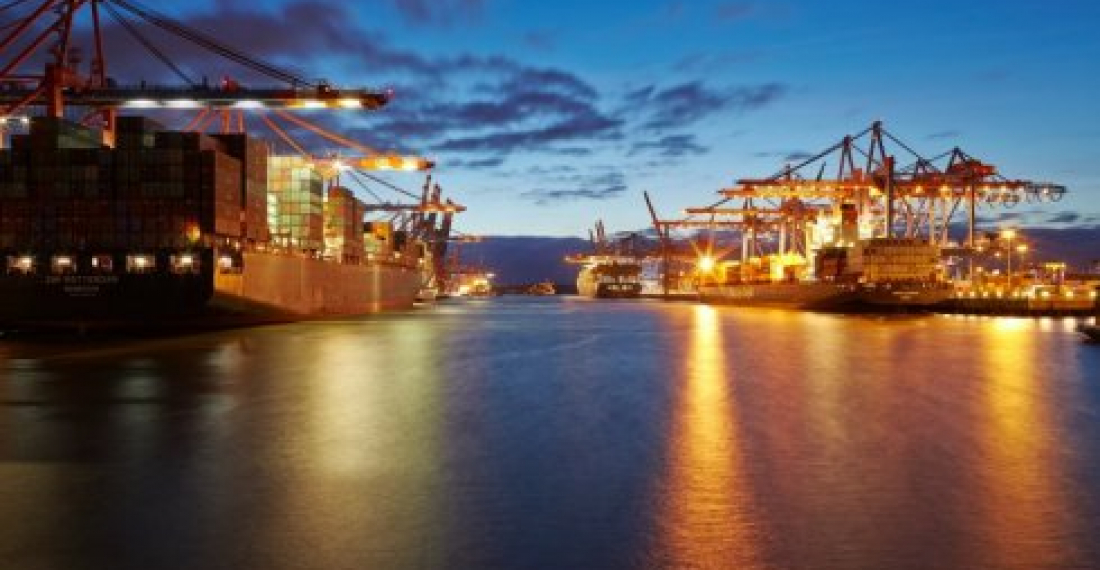The European Union's trade with Iran rose to €5.107 billion in the first half of 2016, a 43 percent rise year on year, based on the latest figures released by the European Union's statistics agency Eurostat, quoted by Tehran Times. Trade between Iran and the EU was worth €3.563 billion in first six months of 2015.
From January to June 2016, EU's exports to Iran increased by 13 percent and reached €3.565 billion, from €3.154 billion in the first half of 2015. There has also been a sharp increase in the purchase of crude oil from Iran by EU countries.
Political and economic relations between Iran and the European union have improved considerably following the successful conclusion of the nuclear deal between Iran and the major international powers.
In mid-April, Iran and the EU issued a joint statement in Tehran setting the road map for cooperation. The statement was released by Iranian Foreign Minister Mohammad Javad Zarif and EU foreign policy Chief Federica Mogherini who visited Iran along with seven European commissioners.
source: commonspace.eu with Tehran Times.






